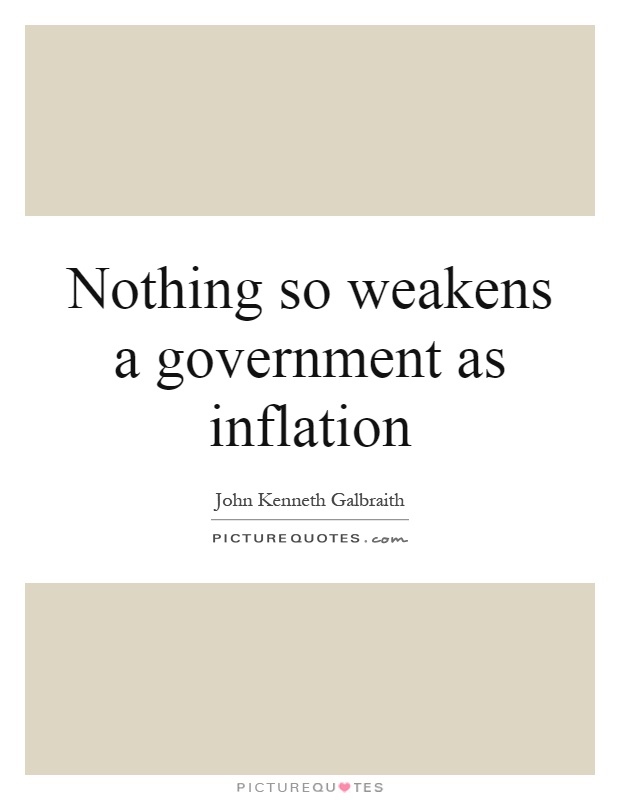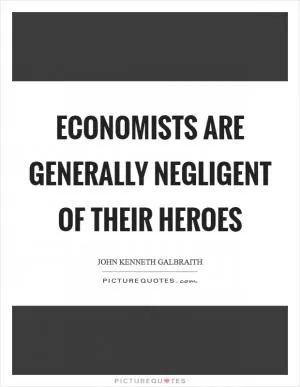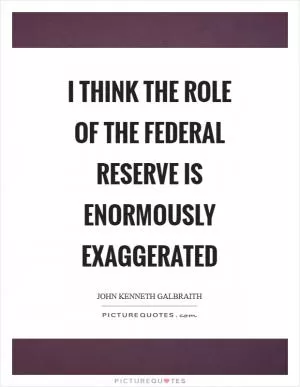Nothing so weakens a government as inflation

Nothing so weakens a government as inflation
John Kenneth Galbraith, a renowned economist and public intellectual, was a firm believer in the idea that inflation could severely weaken a government. In his seminal work, "The Affluent Society," Galbraith argued that inflation not only eroded the purchasing power of individuals but also had detrimental effects on the stability and effectiveness of government institutions.Galbraith believed that inflation was a symptom of underlying economic imbalances and inefficiencies within a society. He argued that when prices rise rapidly, it creates uncertainty and instability in the economy, leading to a loss of confidence in the government's ability to manage the economy effectively. This loss of confidence can have far-reaching consequences, as it can undermine the government's legitimacy and authority.
Furthermore, Galbraith contended that inflation disproportionately affects the most vulnerable members of society, such as low-income individuals and fixed-income retirees. As prices rise, these individuals find it increasingly difficult to afford basic necessities, leading to social unrest and political instability. Inflation, therefore, not only weakens the government's ability to govern effectively but also exacerbates social inequalities and tensions within society.
Moreover, Galbraith argued that inflation could lead to a vicious cycle of rising prices and wages, known as the wage-price spiral. As workers demand higher wages to keep up with inflation, businesses raise prices to cover their increased costs, leading to further inflation. This cycle can be difficult to break and can have long-lasting effects on the economy and society as a whole.












 Friendship Quotes
Friendship Quotes Love Quotes
Love Quotes Life Quotes
Life Quotes Funny Quotes
Funny Quotes Motivational Quotes
Motivational Quotes Inspirational Quotes
Inspirational Quotes